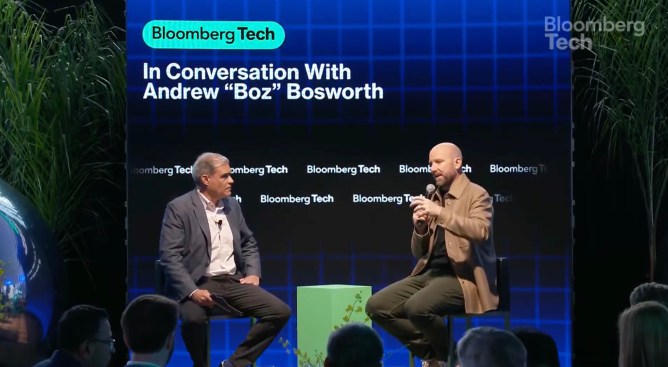2025: The Year of Transformation for Meta’s AR and VR Technology


As we approach the pivotal year of 2025, advancements in augmented and virtual reality through Meta’s Reality Labs are set to reshape how we interact with technology. Meta’s Chief Technology Officer, Andrew Bosworth, forecasts a future where this year could mark either a significant breakthrough or a memorable misstep in the metaverse journey.
In a recent discussion, Bosworth hinted at a growing confidence in their direction, suggesting that the market’s ultimate response will determine success. With over 2 million pairs of Ray-Ban AI glasses sold since their introduction last October, he highlighted the interest these products have sparked among both consumers and competitors.
Google is also venturing into the smart glasses market with partnerships aimed at leveraging its Android XR platform, while Apple’s anticipated smart glasses launch in 2026 adds further competition. Bosworth remarked, “We’ve transitioned from obscurity to a compelling position within the market, which heightens our stakes against forthcoming competition.” This competitive landscape underscores the necessity for rapid advancements and strategic execution.
Despite the buzz surrounding these new technologies, Bosworth emphasizes that market acceptance will ultimately dictate the standardization of AR and VR products. Reflecting on lessons learned from former COO Sheryl Sandberg, he noted that businesses often falter not due to external competition but from poor execution of their strategies.
Looking forward, Meta has laid out ambitious plans for the year, focusing less on rival companies and more on internal execution. With the end of the year approaching, key indicators will reveal whether Meta can successfully deliver on its objectives. Bosworth underscores that in the coming years, evaluations of Meta’s progress will hinge on the outcomes achieved in this transformative period.
As the industry prepares for an intensely competitive environment, all eyes will be on Meta to see if their vision for 2025 becomes a cornerstone for future technological paradigms or a chapter in the annals of missed opportunities.
